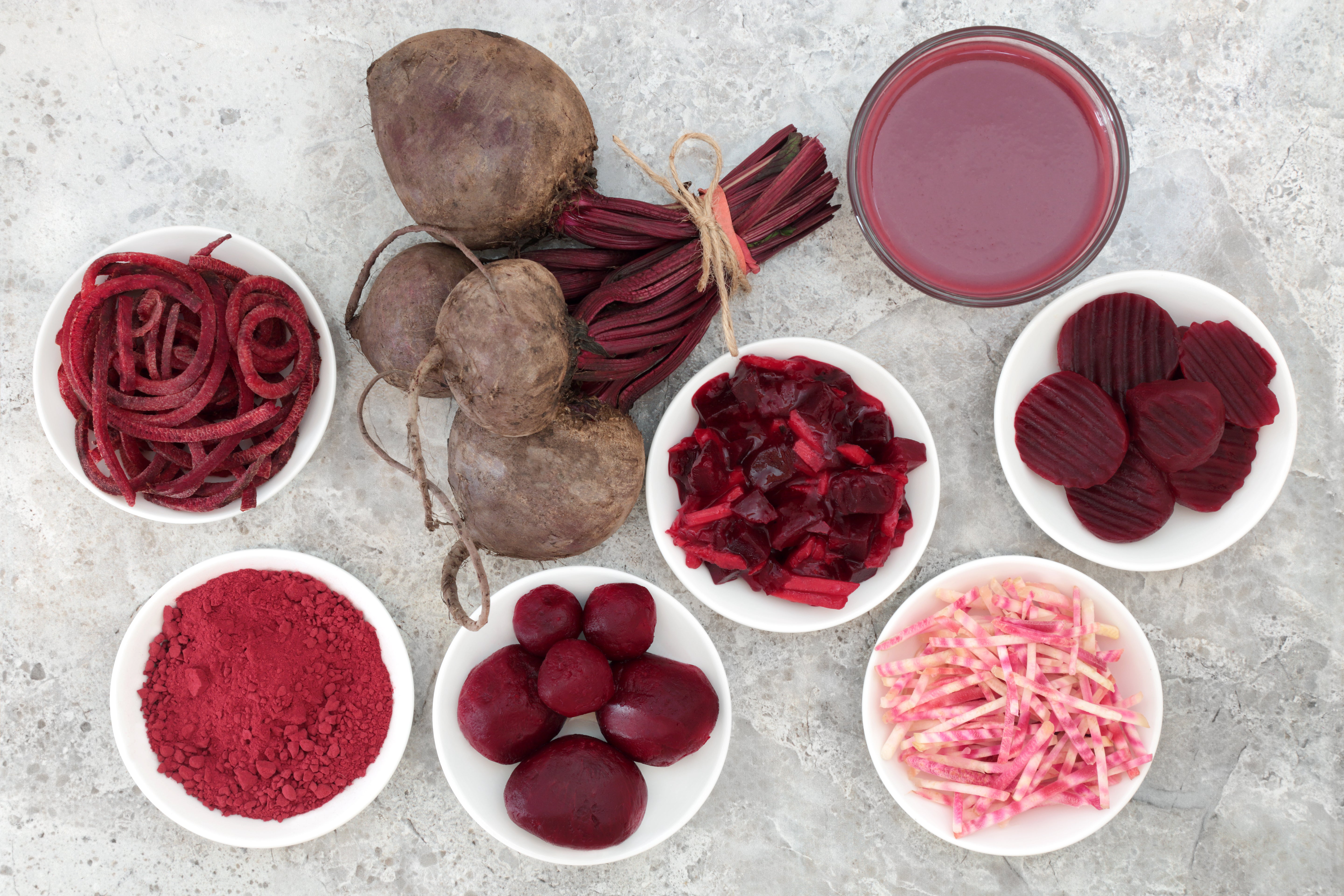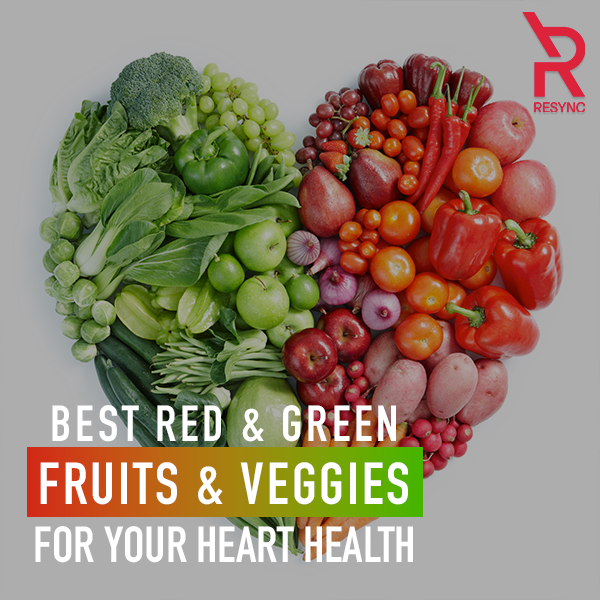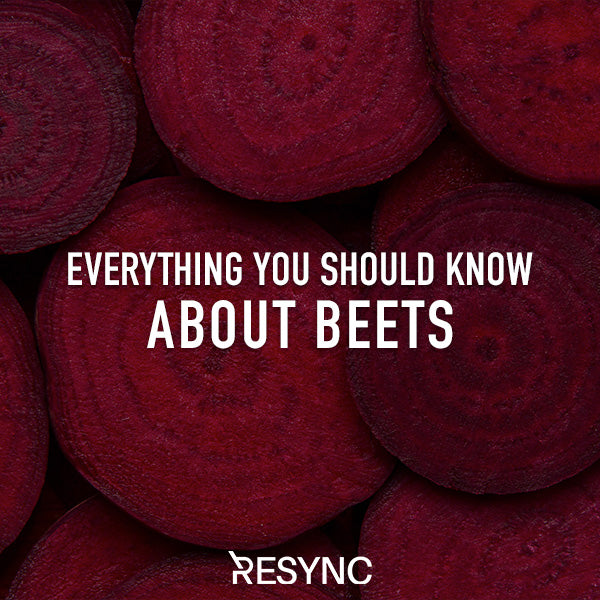
let's talk beets
Are beets alone good enough?
For millennia, raw, cooked, baked, or stir-fried beets have been consumed as a vegetable.
Today, athletes consume beet juice, beet powders, and beet extracts to enhance their performance.
On the shelves of most supermarkets, you see beet soups, dips, and beet chips, and I feel we will see more from beets.
Yet, the question I ask is, are beets good enough? Do beets have what it takes to improve your performance or heart health?
I think the answer may surprise you.
First and foremost, it does matter how you prepare your beets to get the most of their nutritional value. It also matters how much you will eat and what you will combine them with to get the most out of them.
Yet, even if you eat raw beets, and you would eat 2 pounds of them, you need to know that beets are very inconsistent in nature. Each time you eat beets, they may have different nutritional values, which leads me to a main point of this blog - nobody has been naturally able to standardize beets into powder or extract so far.
That is why you may want to ask additional questions, before you buy any beet-related supplements as unfortunately, not all beet products are created equal—more on that below.
This blog will tell you everything you need to know about what to look out for when buying a beet supplement.

What is standardization and why is it important when it comes to beets?
RD, Detrick Snyder, in our conversation, described standardization as “it is an indication that there is a consistent level of an ingredient or a nutrient.” When it comes to beet consistency, we need to look deeper into the nitrate levels - the main reason most people consume beets.
Because beets are so inconsistent in nature, that makes it very hard, if impossible, to naturally standardize them to an X nitrate level. So that is why athletes have started to recognize that beets alone may not be the most reliable source for their nitrate levels.
The nitrate content is vitally important, especially when taking beets to support your nitric oxide levels. Because of the natural variability, you never know what you’re getting unless the beet source is standardized and labeled.
What does it mean?
It means that every batch of the ingredient you consume has been tested and calibrated to a consistent level of nitrates. Without this standardization, you cannot know if the beet product contains enough nitrates to be helpful.
If you are intrigued by what I just wrote and want to learn more about the beet vs. red spinach standardization. I invite you to watch the interview with Sid Hulse to discover the truth and details about nitrate levels in beet products.
Here are just some examples of the variability of nitrates in beet-related products.
- Beet juice may be standardized naturally to 2% nitrates and have 20 grams of sugar per serving with almost no ability to change your physiology besides increasing your energy due to the sugar content, vs. beet shot may be concentrated to 400mg of nitrates to provide you the dose you need to change the way you perform and feel.
- Eating raw or cooked beets vs. other nitrate sources: you may have to eat 2-3 large beets vs. 6.5 oz of arugula to get the same nitrate levels. Keep in mind, each beet can have different nitrate levels. That’s why someone from California may eat 4 beets and someone from Texas may need only 3 beets to get the same amount of nitrates.
- Beet supplement standardization goes down depending on the form of beet you consume. The more the beet vegetable is processed, the less natural nitrates it will have. For example, beet alone may starts with 2% nitrate but when its converted to beet extract, at that point, the standardization could go down to at least 1.5% or even lower, and when you take that beet extract powder and then make a beet juice powder out of it, it may go down to something like 0.5% or at that point have no nitrate value

watch the 30-min beet Talk with barbara Depta & detrick snyder
Like & Subscribe to our youTube channel for educational videos on the latest hot topics in the industry
VISIT YOUTUBE CHANNELTo keep the standardization at higher levels, what do companies do? For example, they add synthetics like sodium nitrate to spike the nitrate levels.
Yes, that is how nitrate content varies in beet products and beets alone (even within the same field). It all depends on harvest times, temperature, humidity, storage conditions after harvesting and then the production processes.
Because of this variant, many beet supplements don’t list the nitrate content or standardize the content of the bioactive ingredients. Look at the beet product comparison from Gallardo & Coggan Chart.

Key Takeaways:
- Make sure your beet product delivers at least 6.5 mmol nitrates per serving for performance, daily heart health, and recovery advantage seen in research.
- There is a big difference between beet and red spinach standardization, and combining them together might be your best bet to gain higher and standardized nitrate levels.
- If a product doesn't say how much nitrate they have, and it's only based on beets, it may be your best choice to avoid it all-together.
- If beet is the only nitrate supporting ingredient, it is likely supported by synthetic salt or filler, etc.
- Look for 3rd party testing like BSCG, NSF-certified for sport, or at least something like USP standardization. Why? These companies make sure that what's on the label is actually what's in the bottle.
Just because it's on the label, it doesn't mean it is good for you. NSF does not tell you "we will not certify" the product because it has hidden fillers - that's not their job.
If you like to learn more on beets, their usage and how they support nitric oxide. Then check the interview with professor Andy Jones “Why nitric oxide is important to your health and athletic performance.”
Want the practical details on how to eat and supplement to support your exercise recovery, heart health, beauty, and energy levels? Subscribe to our feed and never miss out!
While other companies push clickbait and fake news, what we say is backed by research. When you have the right information, you are empowered to make the right best decision possible. That’s why we break down complex science into practical takeaways you can use today.
If there's something you want to know more about, let us know by contacting us or getting in touch on social media!
Wishing you the best in your health,
The Resync Team
Disclaimer
This content is for general informational purposes only, and does not constitute the practice of any professional healthcare service, INCLUDING the giving of medical advice. No provider-patient relationship is formed. The use of this information, and the materials linked to this content is at the user's own risk. This content is not intended to be a substitute for professional medical advice, diagnosis, or treatment. Users should abide by the advice of their healthcare provider, and should not disregard or delay in obtaining medical advice for any medical condition they may have.





